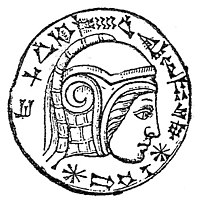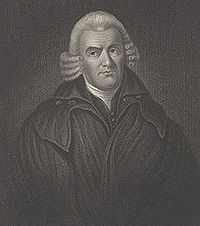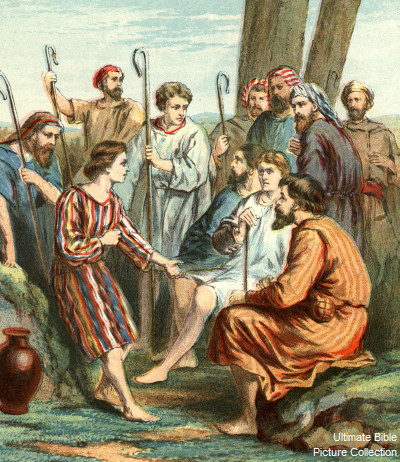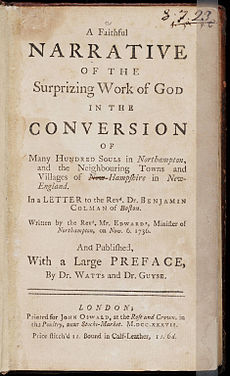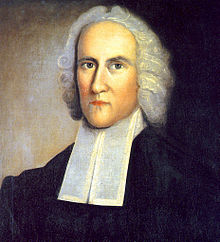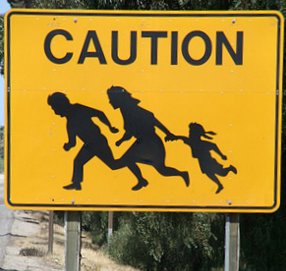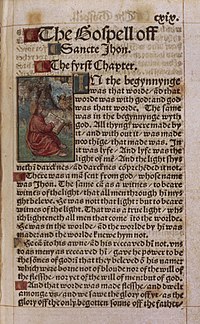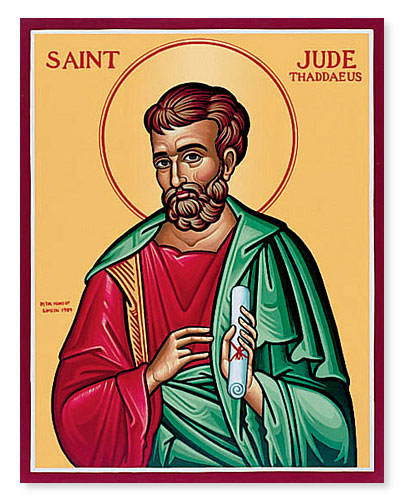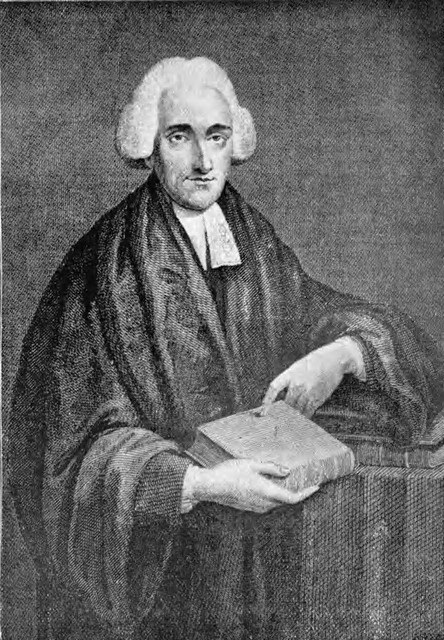
“
When you go out to war against your enemies, and see horses and chariots and an army larger than your own, you shall not be afraid of them, for the Lord your God is with you, Who brought you up out of the land of Egypt. And when you draw near to the battle, the priest shall come forward and speak to the people and shall say to them, ‘Hear, O Israel, today you are drawing near for battle against your enemies: let not your heart faint. Do not fear or panic or be in dread of them, for the Lord your God is He who goes with you to fight for you against your enemies, to give you the victory.’ Then the officers shall speak to the people, saying, ‘Is there any man who has built a new house and has not dedicated it? Let him go back to his house, lest he die in the battle and another man dedicate it. And is there any man who has planted a vineyard and has not enjoyed its fruit? Let him go back to his house, lest he die in the battle and another man enjoy its fruit. And is there any man who has betrothed a wife and has not taken her? Let him go back to his house, lest he die in the battle and another man take her.’ And the officers shall speak further to the people, and say, ‘Is there any man who is fearful and fainthearted? Let him go back to his house, lest he make the heart of his fellows melt like his own.’ And when the officers have finished speaking to the people, then commanders shall be appointed at the head of the people."
[Note that this is from The ESV, while Rushdoony originally used the KJV. The passage below is from Rushdoony's commentary on Deuteronomy. I reproduce it here because of my fear of the current support among conservative American Christians for imperialistic wars around the world.]
J. A. Thompson has cited the biblical texts governing godly warfare.
First, no such war could be conducted apart from God's word or orders (I Sam. 28:5-6; 30:7-8; II Sam. 5:19, 22-23).
Second, there had to be a consecration to the task by the men of Israel (I Sam. 21:5; II Sam. 11:11; Isa. 13:3). All that would offend God must be separated from them (Deut. 23:9-14), because God dwells in the camp with His people (Deut. 23:14; Judg. 4:14).
Third, the Lord can deliver His people by many or by few (Judg. 7:2ff; I Sam. 13:15ff; 14:6, 17).
Fourth, God can and does send panic into the ranks of the enemy, and thereby bring about their defeat (Josh. 10:10; Judg. 4:15; I Sam. 5:11; 7:10; etc.).
Fifth, the spoils of the war belong to God, not to man. [J. A. Thompson,
Deuteronomy, IV Press, 1978, pp. 2187-219]
One of the Dead Sea Scrolls is entitled,
The War of the Sons of Light against the Sons of Darkness. Its concern was with the great war with God's enemies at the end-time. These laws had their influence. Throughout the Christian era, much has occurred in the way of efforts, both successful and unsuccessful, to limit injustices in wartime. Although the history of Western warfare is not good, it still is different from the ferocity of most pagan conflicts, until recently.
In v. 1, God stresses through Moses that He is with them: therefore, "
be not afraid of them." This is a command: to believe in God means to trust in His word.
As a result, two kinds of exemption from military service are granted.
First, all those whose minds are distracted and preoccupied by their affairs at home, i.e., a new house as yet not dedicated nor used, a bride betrothed but not taken, or a new vineyard finally producing but as yet unharvested. All such men, however willing to fight, are to be sent home, both as a merciful act and also to eliminate distracted minds (vv. 5-7).
Second, all who are fearful and fainthearted are to be sent home. Their presence in the army is a threat to their fellow soldiers.
These exemptions are to be declared by a priest. They are religious exemptions and are therefore to be set forth by a
priest. According to numerous texts, a campaign was to be preceded by burnt offerings (Judg. 6:20-21, 26; 20:26; I Sam. 4:3; 7:9; 13:10ff; 14:18; 23:4, 6, 9; 30:7ff). These verses also tell us that attempts to replace obedience with the presence of the ark led to disastrous results.
The exemptions applied to all ranks of soldiers. If, therefore, clan leaders dropped out because of some kind of exemption, then captains of armies were to be made out of the remaining men. The officers were thus named by the men of courage.
The army must then trust in God, not in the size of the army. Wars are not outside of God's providential government, and the most necessary equipment for battle is a trust in God.
It is clear from all of this that military service was voluntary, not compulsory. The covenant people were to place their hope in God, to use godly soldiers, and to eliminate from the ranks of the volunteers all men who might be for any cause double-minded.
[Joseph] Morecroft noted, "When wars are fought in the defense of justice, in the suppression of evil, or in defense of the homeland, they are godly, and are part of the work of restoration. Such wars are 'wars of the Lord," Num. 21:14.'" [
A Christian Manual of Law]
Again citing Morecroft, v. 2 indicates that the priest accompanied the army; this was the origin of chaplains. Moreover, the exemptions make it clear that the family has priority, together with exercising dominion over the earth under God.
Deuteronomy deals with warfare in chapters 20:1-20: 21:10-14: 23:9-14; 24:5, and 25:17-19. Even a modernist like Anthony Phillips has called the laws "humanitarian." [
Deuteronomy, 1973]
In v. 9, the officers speak "unto the people." Instead of a drafted army, the soldiers are
the people, come together to defend their cause or their homes. This is basic in Deuteronomy. Instead of a state decreeing war as a matter of policy, we have a people ready to fight for their cause. Instead of men drafted, made soldiers by compulsion, we have a gathering of the clansmen to defend their cause. The first step before battle is to send home some of these men.
The
captains or commanders were, according to A. D. H. Mayes [
Deuteronomy, 1981], apparently chosen on the same basis as were elders in cities and in the temple life of the people, captains over tens, twenties, hundreds, and thousands. The original commandment for this in cited in Deuteronomy 1:9-15.
P. C. Craigie's [The Book of Deuteronomy, 1976] comments on this text are very telling. He states, "Israelite strength lay not in numbers, not in the superiority of their weapons, but in their God. The strength of their God was not simply a matter of faith, but a matter of experience." The legitimate wars were godly wars because their purpose was to remain secure in their possession of the land and their exercise of godly dominion therein. Again quoting the admirable Craigie, "The basis of these exemptions becomes clearer against the background of the function of war in ancient Israel. The purpose of war in the early stages of Israel's history was to take possession of the land promised to the people of God; in the later period of history, war was fought for defensive purposes, to defend the land from external aggressors. The possession of the promised land, in other words, was at the heart of Israel's wars, and the importance of the land, in the plan of God, was that Israel was to live and work and prosper in it. The building of homes and orchards, the marrying of a wife, and other such things were of the essence of life in the promised land, and if these things ceased, then the wars would become pointless. Thus, in these exemptions from military service, it is clear that the important aspects of normal life in the land take precedence over the requirements of the army, But this somewhat idealistic approach (in modern terms) was possible only because of the profound conviction that military strength and victory lay, in the first resort, not in the army, but in God."
Israel's military muster included all men between ages twenty and fifty, but not all were used. In Judges 7, we see how Gideon reduced his army in terms of this law. Our Lord applied this in selecting His army, the apostles and other disciples, and He sent home all who were not totally dedicated (Luke 9:57-62). In Luke 14:18-20, our Lord makes it clear that the law of exemptions from military service did not apply where men are summoned into the Kingdom.
Verse 4 states that "
God is He that goeth with you." This has also been rendered as "
God who marches with you."
We see here as elsewhere that there is nothing outside of God's government. Work, worship, war, eating, sanitation, and all things are subject to His laws. He is totally the Governor of all things. The marginal note to this text in the Geneva Bible tells us, "God permitteth not this people to fight when it seemeth good to them." We are in all things totally under His government.
God's
laws of warfare view legitimate warfare as the defense of the family and the land. Modern warfare is waged for
political, not covenantal, reasons. Moreover, nonbiblical wars are waged more and more against civilians, as were pagan wars. Thus, there is a great gap between political wars and those permitted by God's law.

